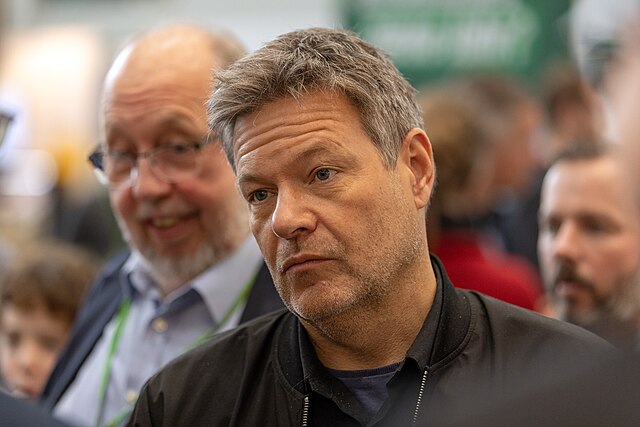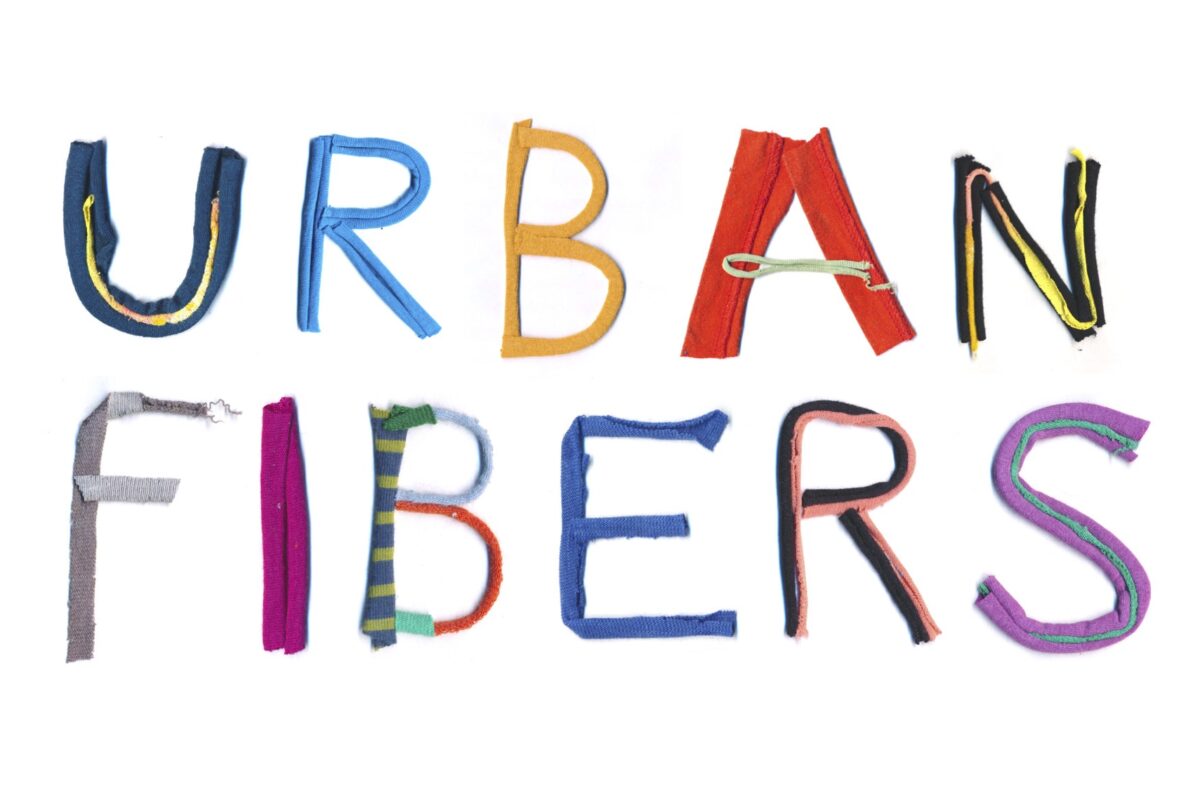Bündnis 90/Die Grünen, founded in 1980 as a fusion of environmentalists, pacifists, and anti-nuclear activists, has long shed its radical origins. Once synonymous with grassroots democracy and peace, the Greens now embody a paradox: a party still branded as “center-left” and “green” by the German mainstream while blatantly championing militarism, neoliberal austerity, and policies starkly at odds with its founding principles.
Below are a few helpful reminders of past controversies and betrayals of principles
- Militarism’s Early Roots: The Greens’ 1998 entry into federal government under Chancellor Gerhard Schröder (SPD) marked their first betrayal of pacifism. Foreign Minister Joschka Fischer justified NATO’s 1999 bombing of Yugoslavia as “humanitarian intervention,” setting a precedent for future pro-war stances. The party later backed the Afghanistan War, cementing its alignment with US-led militarism.
- Neoliberalism and the Hartz IV Legacy: Partnering with the SPD, the Greens co-authored the Hartz IV reforms (Agenda 2010), which slashed welfare protections, imposed punitive sanctions on the unemployed, and normalized precarious labor. These policies exacerbated poverty and psychological distress, disproportionately harming marginalized groups, forcing them into working conditions that barely covered, if at all, basic human needs.
- Scandals and Suppression: The Greens’ had early ties to pedophilia apologists (resurfacing in 2013) having members proposing the decriminalization of pedosexuality back then. And in a much more recent incident in 2023, they purged member Miriam Block, a Hamburg politician stripped of her roles for demanding an inquiry (introduced by Die Linke) into the unsolved NSU-linked murder of Süleyman Taşköprü, a request rejected by their coalition partner, the SPD — this highlights a pattern of prioritizing power over accountability and justice.
A review on recent events
The Greens have Unconditionally supported Israel’s War in Gaza. “No weapons and military equipment to warzones” was a heavily exhibited phrase printed largely on countless Green election posters displayed nationwide, which included an image of a white dove during their 2021 Bundestag election campaign.
After October 7, 2023, Foreign Minister Annalena Baerbock and Vice Chancellor and Economic Affairs Minister Robert Habeck rejected calls for a humanitarian ceasefire ( Gaza-Krieg: Bundesregierung weiterhin gegen Waffenstillstand) despite the fact that other fellow European foreign ministers (e.g. France and Ireland) and UN general secretary António Guterres called for one.
It was only after Palestinian deaths surpassed 32,000 in March 2024 that Baerbock first suggested the idea of a possible humanitarian pause to the fire. Germany remains meanwhile Israel’s second-largest arms supplier (€323 million in 2023), with the Greens, in possession of 2 key ministeries for the approval of arms exports (Habeck’s and Baerbock’s), authorizing exports despite overwhelming evidence of war crimes.
All of this unfolds as German exports account for 30% of Israel’s arms imports. This places it just behind the United States, which dominates with 69% of Israel’s military supplies — a staggering 99% combined total that underscores the West’s complicity in Israel’s military aggression.
Baerbock’s shameless and outrageous declaration at a Bundestag session on the 10th October 2024 announcing that “civilian sites lose protected status if abused” directly violates the Geneva Conventions. Habeck echoed debunked Israeli claims about Hamas using “human shields”, despite UN reports from March and November 2024 finding no evidence by reporting that “Israel does not provide substantial evidence nor could they independently verify those allegations”.
Habeck stated “…Hamas uses the (Gaza) population as hostages, even as human shields and hides behind them, kind of producing the images (of dead children) and civilian casualties themselves”. When questioned about the possibility of an ongoing genocide in Gaza perpetrated with German weapons and unconditional support Habeck said: “the naming of a genocide in Gaza is a complete contortion of victim and perpetrator…”. (l )
Never in its history has Germany exported so many weapons as during the current legislative period. In 2023 they increased the amount of arms exports to Israel tenfold compared to the year 2022. (Deutsche Rüstungsexporte nach Israel fast verzehnfacht | tagesschau.de) These 2023 exports were authorized as “urgent procedures”.
Fuelling the Ukraine-Russia War
The Greens spearheaded Germany’s U-turn on pacifist arms exports, flooding Ukraine with heavy weapons and backing a €100 billion military upgrade fund. Sven Giegold, a top Green official in Habeck’s ministry, even advocated arming “democratic” nations in conflicts — a far cry from their anti-war roots.
Germany and the EU’s failure to impose an early oil embargo on Russia, coupled with ineffective diplomacy and poorly timed sanctions, allowed the Ukraine war to escalate. This inaction marked one of two key breaches of the Greens’ campaign pledge to avoid arming conflict zones. Even within the SPD, critics warned that heavy weapons deliveries risked dangerous escalation. Yet under pressure from Kyiv and internal Green Party figures like Annalena Baerbock — who declared “We see terrible horrors every day” and insisted “now is not the time for excuses, but for creativity and pragmatism” — Germany pivoted to militarism.
Unlike the fierce internal dissent during the Greens’ 1999 support for NATO’s Yugoslavia bombing, the party’s pro-war consensus on Ukraine faced minimal to no resistance. Strikingly, Anton Hofreiter — once seen as the leader of the Greens’ anti-militarist “Fundi” faction — now echoed the “Realos” wing (led by Baerbock and Habeck), declaring “we have no other choice” to justify arming Ukraine. Hofreiter even invoked fear of a Russian invasion sparking World War III, a rhetoric diametrically opposed to the Greens’ pacifist roots. This shift underscores the party’s abandonment of its anti-war principles in favor of militarized Realpolitik and lobbying for the military industry. This can also be highlighted by the approval of a 100 billion Euro fund to swiftly upgrade the national military in June 2022.
Climate Protection Farce: Greenwashing
Their slogan “climate protection is human protection” during their electoral campaign is exposed as perhaps the biggest and worst lie and contradiction.
The 2023 eviction of Lützerath —a small village destroyed for RWE’s coal mine expansion in Green co-governed (with CDU) North Rhine-Westphalia exposed their environmental hypocrisy. While preaching for environment protection and renewable energies the Greens approved record fossil fuel projects alongside military exports, two of Germany’s and the world’s largest CO₂ sources.
Germany has committed to reducing national emissions by 65% below 1990 levels by 2030 and achieving climate neutrality by 2045, as outlined in its 2021 Climate Protection Act. As a signatory to the Paris Agreement since April 22, 2016, these pledges are not only central to its international reputation but also to the Greens’ electoral promises. Yet the party’s actions starkly contradict these goals. The violent eviction of the village of Lützerath in 2023 — aided by police using pepper spray and bulldozers — to expand RWE’s Garzweiler coal mine exemplifies this blatant hypocrisy. For a party ostensibly dedicated to environmentalism, facilitating fossil fuel extraction while partnering with one of Germany’s largest energy corporations represents a profound betrayal of its foundational principles.
The environmental devastation wrought by Israel’s assault on Gaza — partially financed by German arms exports — includes the destruction of 40% of cultivable farmland over 1 million olive trees razed, and widespread contamination of water, soil, and air from CO₂-intensive military strikes and illegal white phosphorus use. These actions have left 97% of Gaza’s water unfit for human consumption, with only 5% of water needs met by groundwater.
“Feminist Foreign Policy”
Baerbock’s self-proclaimed “feminist” branding collapsed amid Gaza’s humanitarian catastrophe: 67% of casualties are women and children, 50,000 pregnant women endure unsafe births under deplorable human conditions, and 690,000 lack hygiene access. It is important to remind people of Baerbock’s dismissed ceasefire calls despite UN pleas, reducing her “feminism” to empty rhetoric.
Hypocrisy and Racism
Green Party co-chair Ricarda Lang targeted climate activist Greta Thunberg for her solidarity with Palestine, weaponizing the term “antisemitism” to accuse her of spreading “conspiracy tales” and exploiting climate activism to promote a “one-sided position on the Palestine-Israel conflict.” Lang even baselessly labeled Thunberg a “jew-hater”, a smear emblematic of the German political establishment’s conflation of anti-Zionism with antisemitism.
This kind of hypocrisy was further exposed during the Berlinale 2024 scandal, where Green Minister of state for culture Claudia Roth faced criticism for applauding the critically-acclaimed documentary “No Other Land” by Palestinian director Basel Adra and Israeli journalist Yuval Abraham. When pressed by CDU politicians, especially by Berlin Mayor Kai Wagner, Lang defensively claimed, “I was only clapping for the Israeli moviemaker,” completely sidelining Adra’s contribution and epitomizing the Greens’ racist, selective and hollow performative allyship.
Erosion of Rights and International Law: Contempt for Accountability
Despite the ICJ’s provisional ruling on Israel’s “plausible genocide” and ICC arrest warrants for Israel Prime Minister Benjamin Netanyahu and now Israeli ex-Defense Minister Yoav Gallant, Baerbock initially ismissed these as “hypothetical.” This also despite the UN and the largest human rights organizations, Amnesty International and Human Rights Watch having openly named and condemned apartheid, crimes against humanity and genocide perpetrated by Israel in Gaza.
In 2024, the German government approved €160 million military exports to Israel, 31.2 of those additionally in December 2024 even as evidence of Israeli war crimes and mass civilian casualties in Gaza mounted. In a surreal twist, the Greens demanded a “written guarantee” from Israel that German weapons would not be used to violate international law—a performative gesture given Israel’s documented use of such arms in unlawful strikes. This attempt to “clean their conscience” (or rather wash their already crimson red bloody hands in advance) ignores overwhelming proof that German-supplied equipment has already facilitated repeated war crimes.
Katrin Göring-Eckardt (Green Bundestag Vice President) insisted Netanyahu should be “spoken to elsewhere,” mainly after 1:46:00) while ex-party chief Omid Nouripour and Cem Özdemir (Agriculture Minister) outright rejected the ICC’s legitimacy — a stark contrast to the latter’s pre-election claim in 2021 that “human rights aren’t tactical.”
Germany and the U.S. continue to supply 99% of Israel’s military imports. This unwavering support is enabled by the German Greens, who have endorsed arms exports to Israel without hesitation.
Hard Right-Wing Drift
Habeck’s “10-point security plan” shamelessly mirrors far-right CDU rhetoric (CDU’s 5-point plan), emphasizing deportations, biometric surveillance, and targeting “Islamists” while ignoring far-right violence, which is statistically significantly higher. The firing of Marjam Samadzade (Schleswig-Holstein integration official) in mid 2024 over a pro-Palestine social media “like” exemplifies the Greens’ authoritarian turn.
A Party Unmasked
The Greens have long abandoned their pacifist, environmentalist, and social justice roots to become architects of militarism, neoliberalism, and right-wing normalization. Their “green” label now masks carbon-intensive policies, unconditional support for apartheid, and complicity in war crimes. A vote for today’s Greens is a vote for a rebranded hard-right agenda — xenophobic, profit-driven, and drenched in hypocrisy, mockery of international law and violent genocide.




